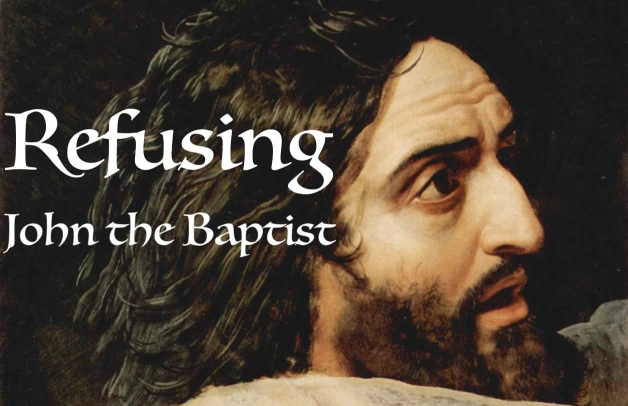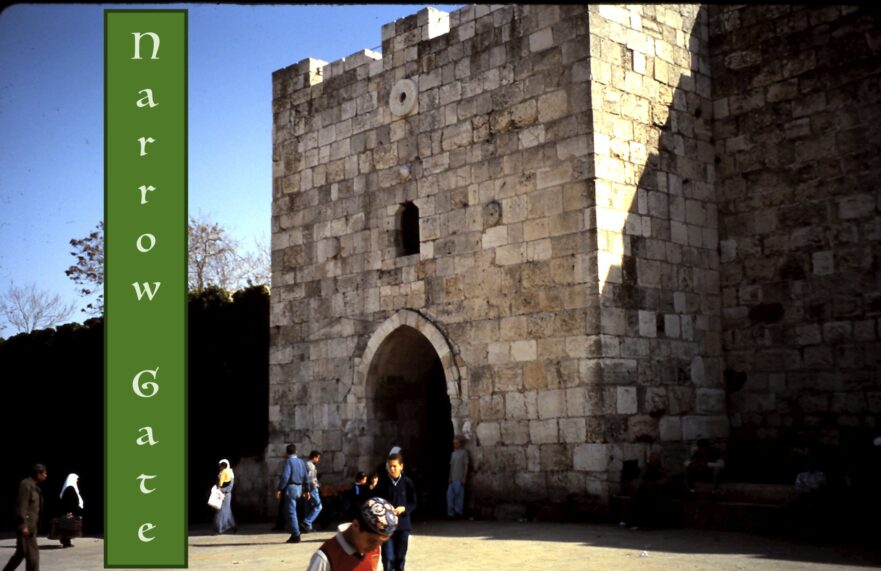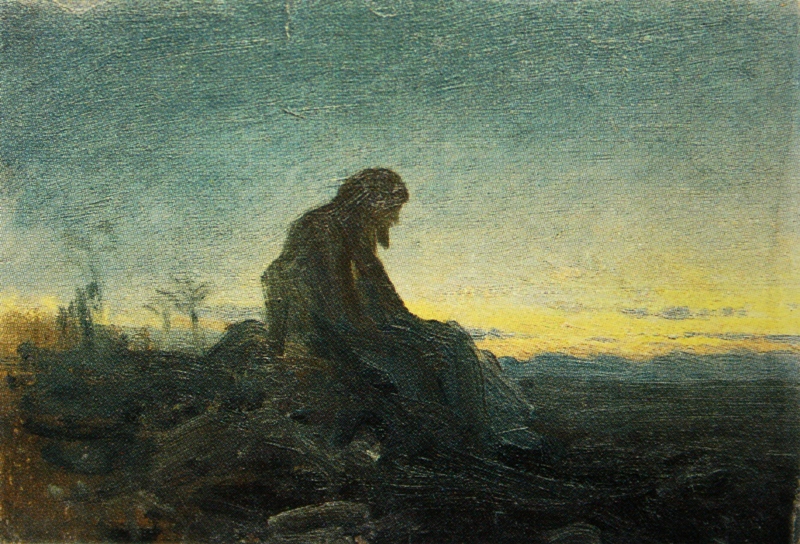An early Christian critique of those who rejected John the Baptist and his message.
Faithful or Faithless Slave
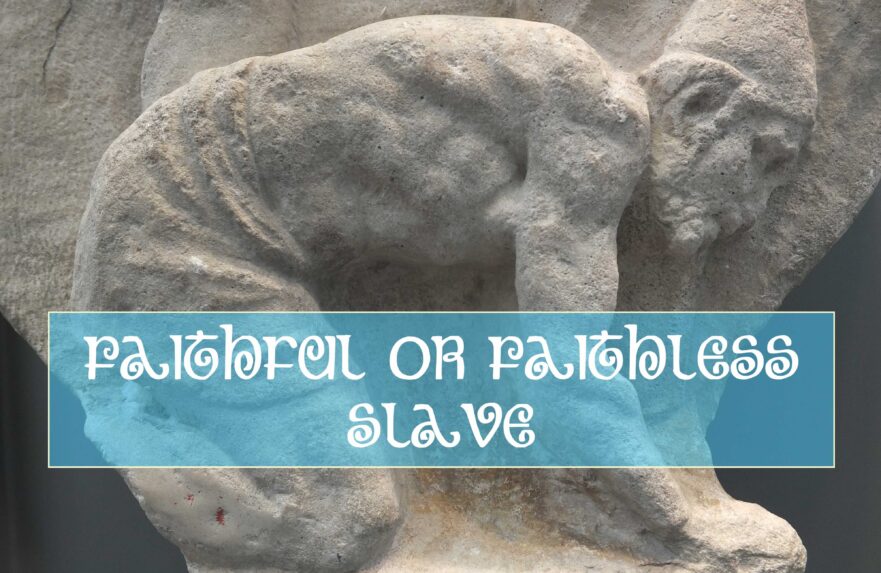
In Faithful or Faithless Slave Jesus encouraged his disciples to emulate Moses, the faithful slave in all God’s house.
Unexpected Thief

A householder might be surprised by a thief, but those who know the Son of Man is coming need not be caught unawares.
Coming From All Directions
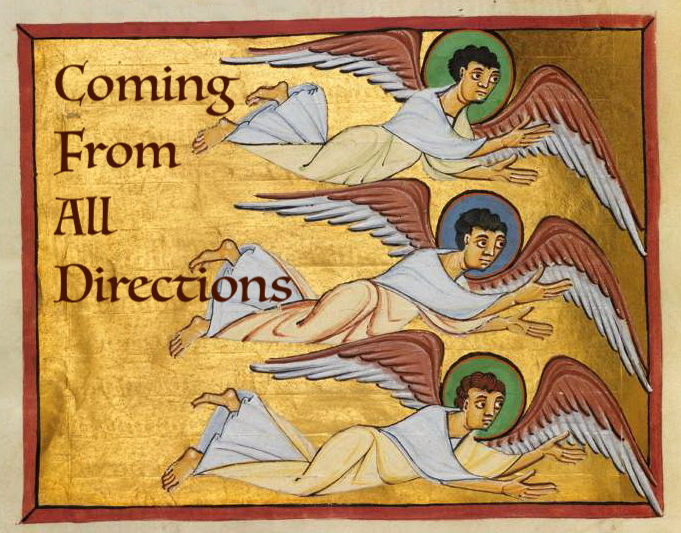
Whether one has a seat at the eschatolgical banquet depends on one’s participation in the Kingdom of Heaven here and now.
Closed Door
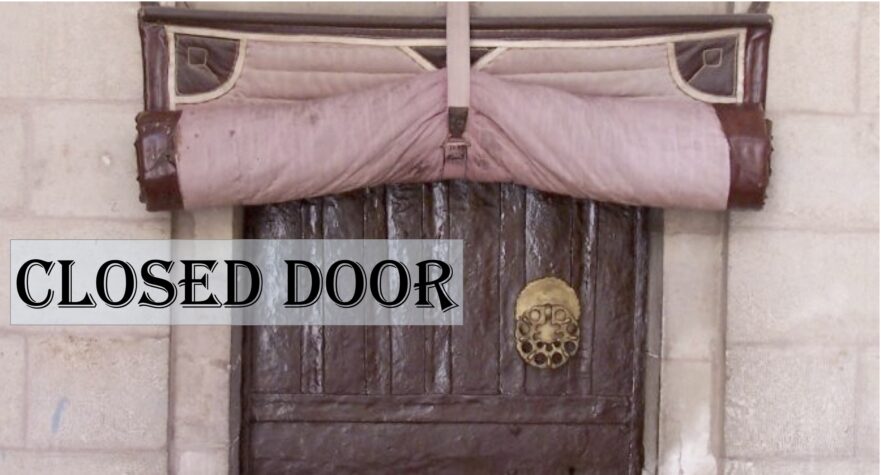
In Closed Door Jesus brought home the message of the Great Banquet parable to his audience.
Houses on Rock and Sand Parable
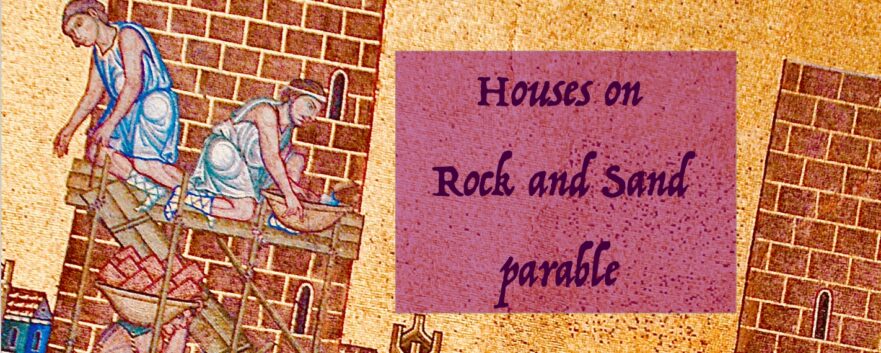
The choice is between doing what Jesus says or letting everything fall into ruin.
Teaching in Kefar Nahum
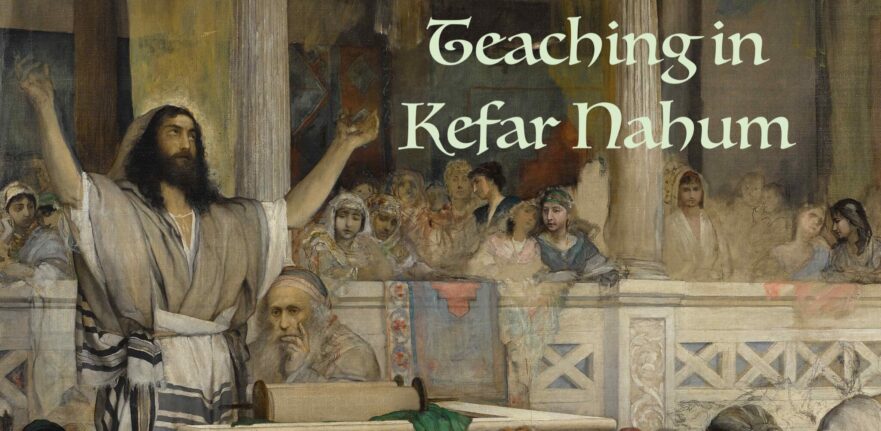
A clash between entrenched demonic powers and one proclaiming the Kingdom of Heaven.
Heaven and Earth Pass Away

Jesus claimed his interpretations would bring out the true intention of the Torah’s commandments without rendering a single verse, word, letter, or even pen stroke superfluous.
Jesus’ Temptation and Its Jewish Background
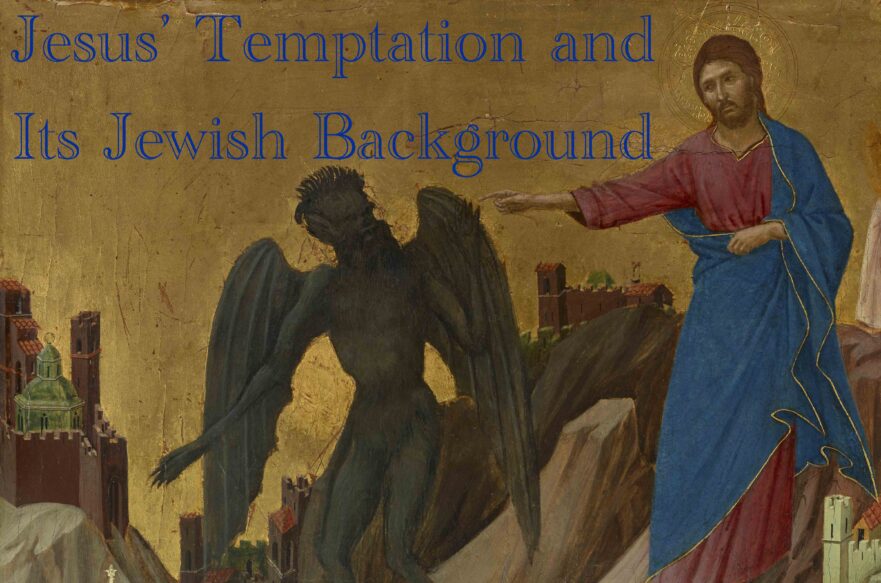
How Jewish tradition informs our understanding of the temptation narrative.
Like Children Complaining
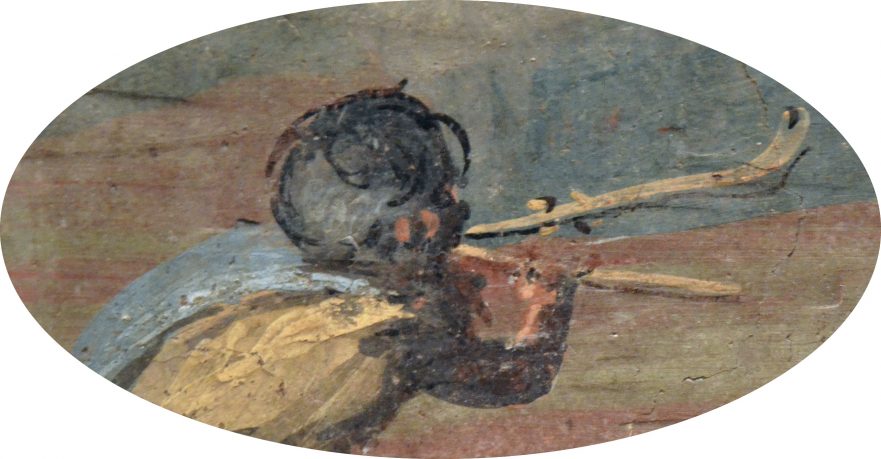
Were Jesus and John the Baptist like children who played a dance and a dirge? Or was Jesus’ generation one that complained like whining children about the prophets who came to warn it?
Carrion Birds
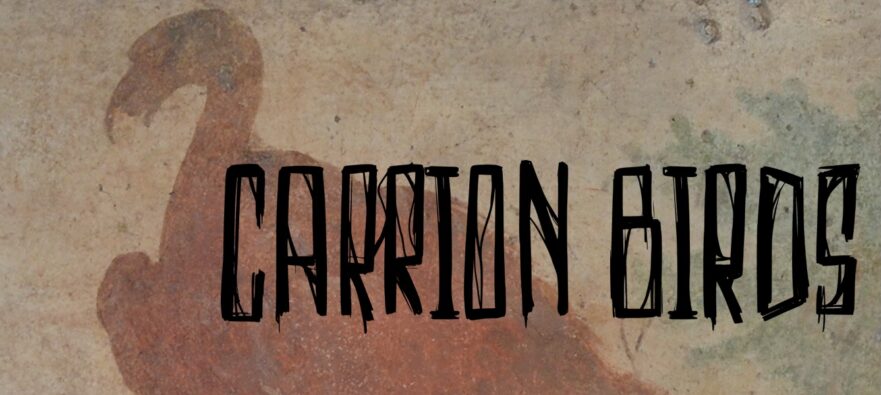
Carrion Birds describes the enormity of the destruction Jesus foresaw. Israel would be rendered carrion to be picked over by the Roman legions.
Indiscriminate Catastrophe
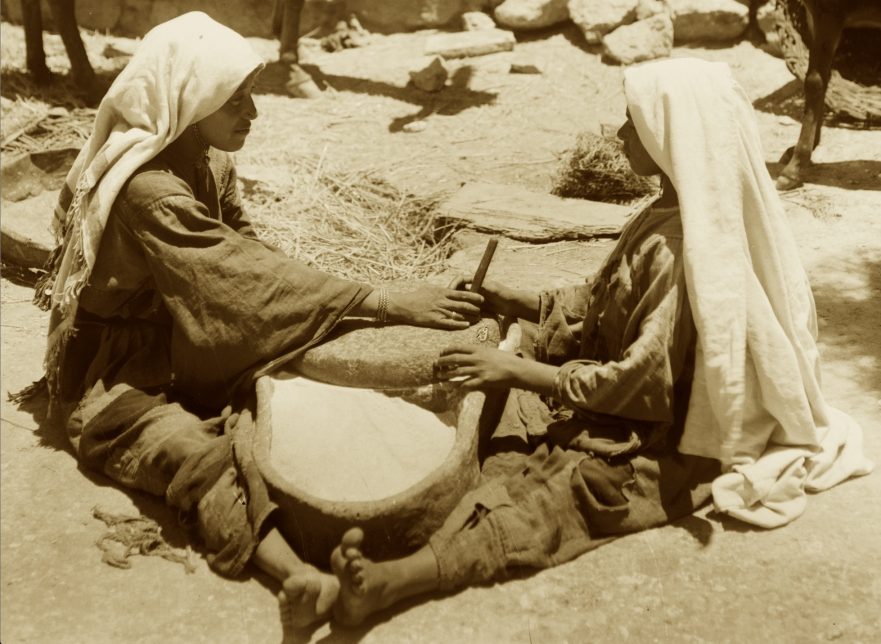
The consequences of persisting in violent struggle with the Roman Empire would be suffered by the innocent and the guilty alike.
Days of the Son of Man
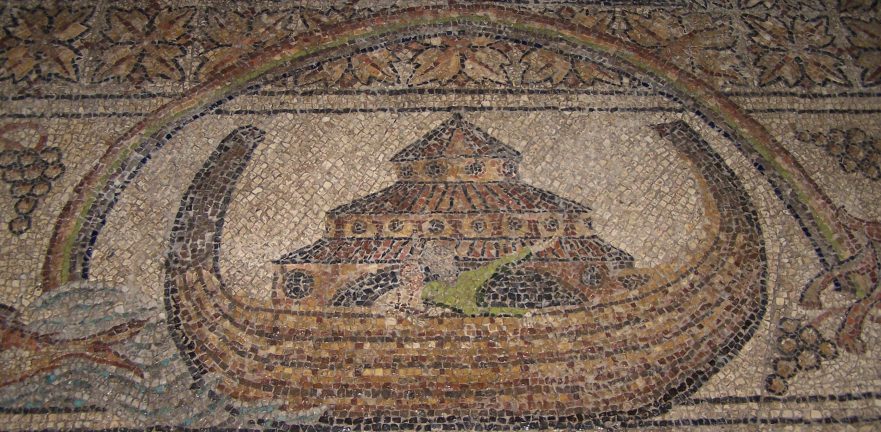
In Jesus’ saying, the Son of Man does not function as the agent of destruction, any more than Noah did in the time of the flood or Lot did in the last days of Sodom and Gomorrah.
Innocent Blood
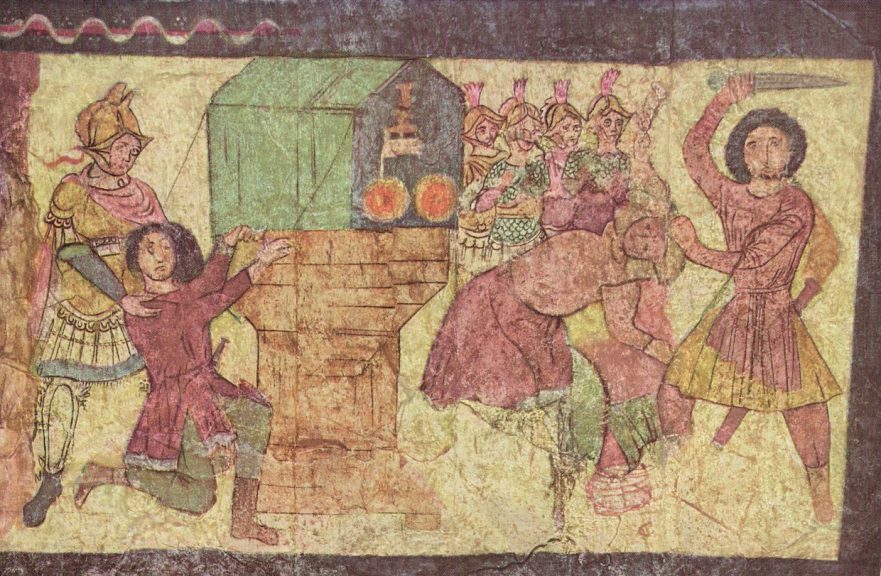
How well-read was Jesus? The LOY segment entitled Innocent Blood probes the possibility that Jesus read and quoted a no-longer-extant Second Temple-period Jewish literary work that warned against violent religious extremism.
Yohanan the Immerser Demands Repentance
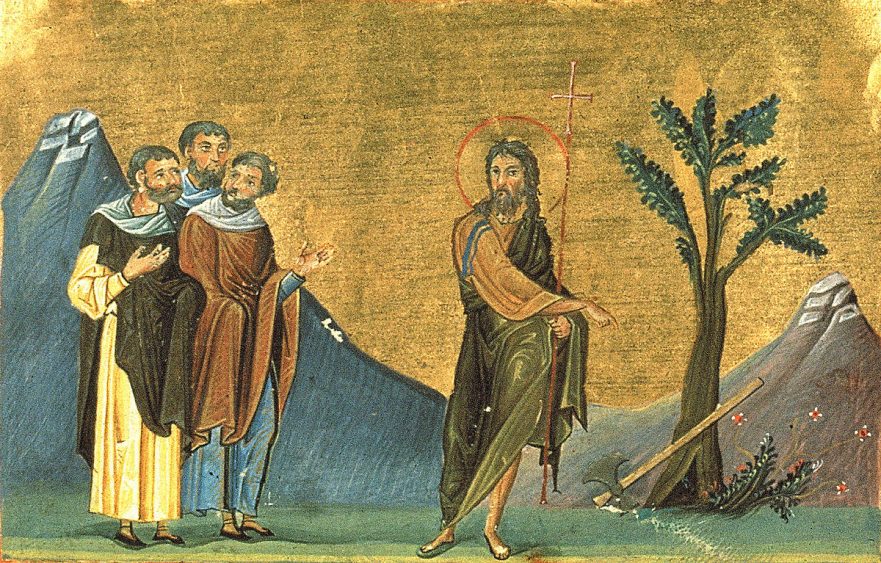
In Yohanan the Immerser Demands Repentance John the Baptist challenges his audience, which had gone through all the trouble of going out to the Jordan River to receive his baptism, to accept his even more important advice: to repent of their evil deeds and imitate the faithfulness of Abraham their father.
- Page 1 of 2
- 1
- 2

